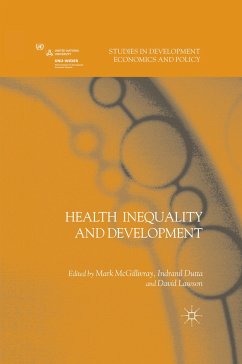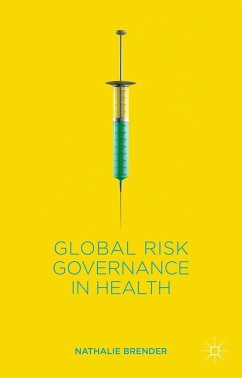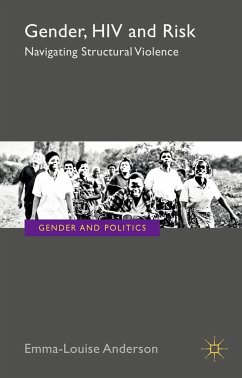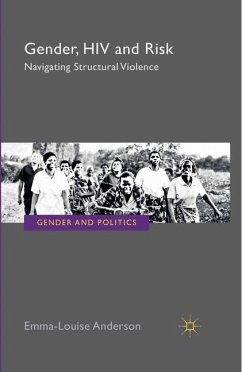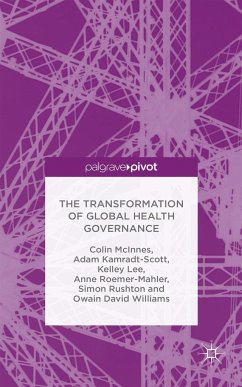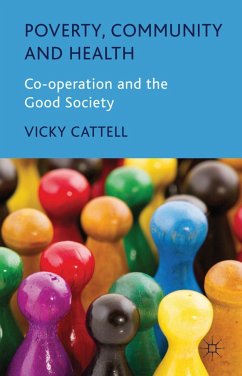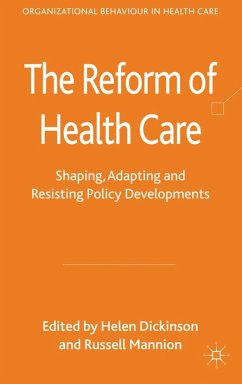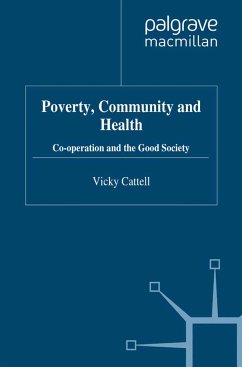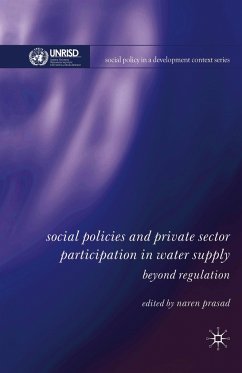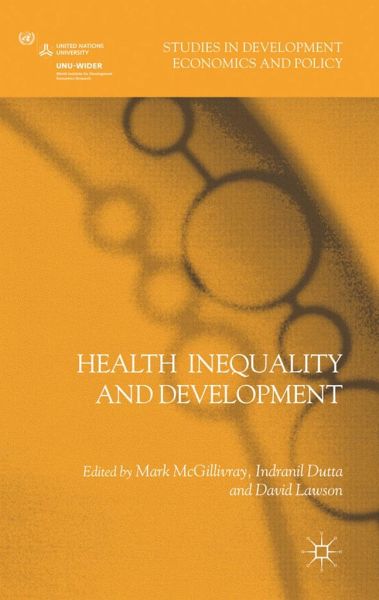
Health Inequality and Development
Versandkostenfrei!
Versandfertig in 6-10 Tagen
38,99 €
inkl. MwSt.

PAYBACK Punkte
19 °P sammeln!
This book investigates issues related to health inequality with a particular interest on developing countries. It provides rigorous empirical work on both trends and causal factors behind health inequality, analyzes the implications of health deprivations on poverty traps and suggests practical policies which can be implemented.





